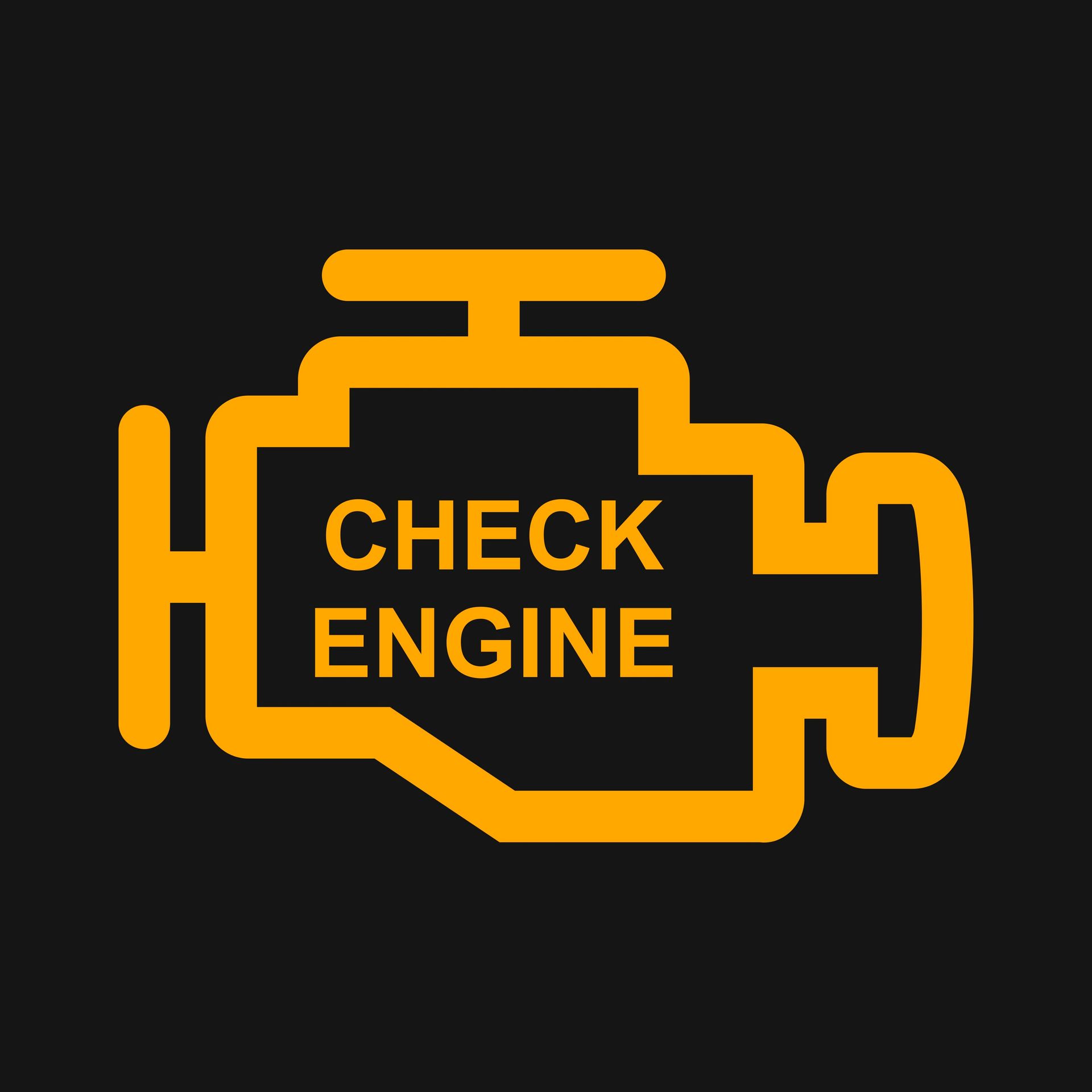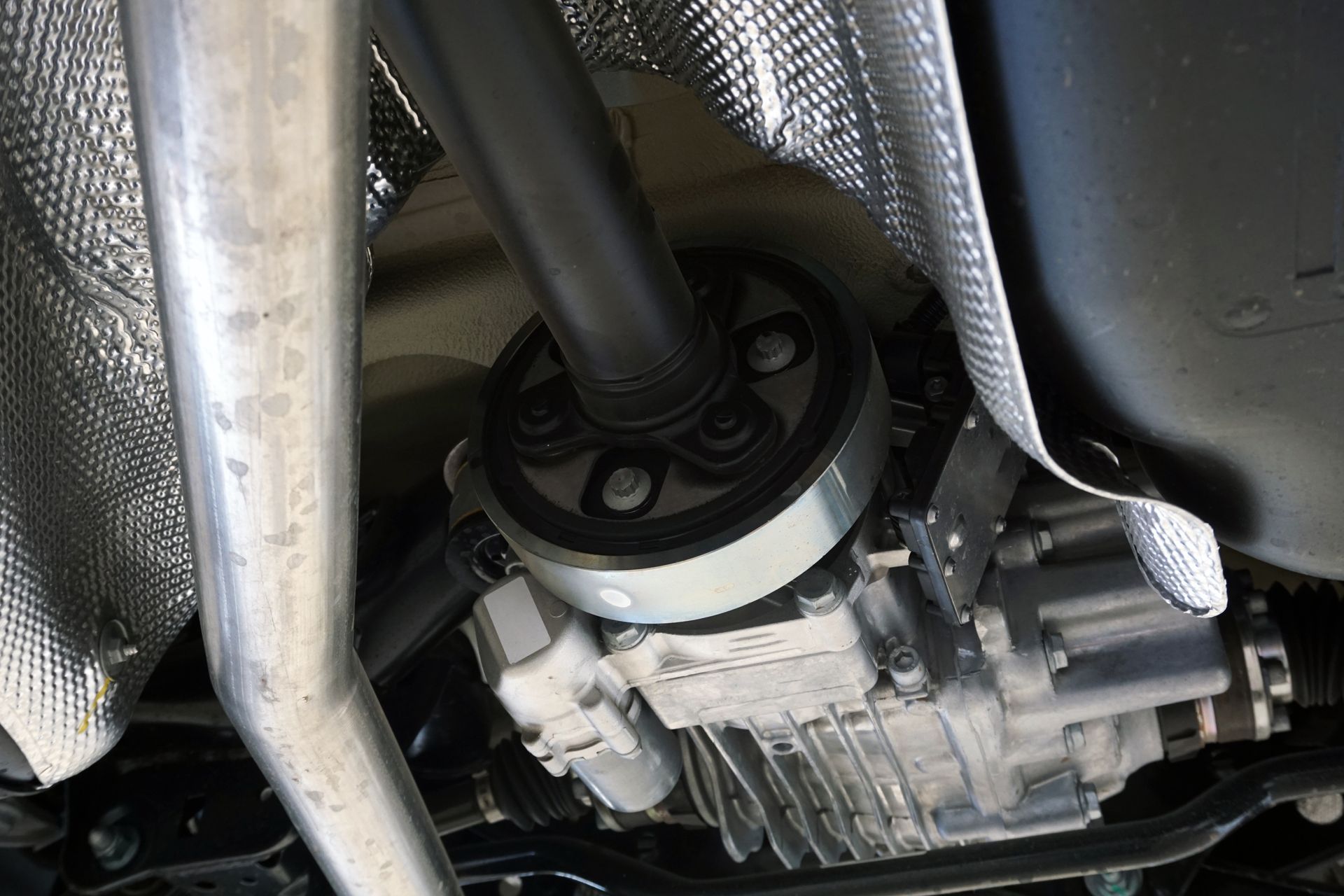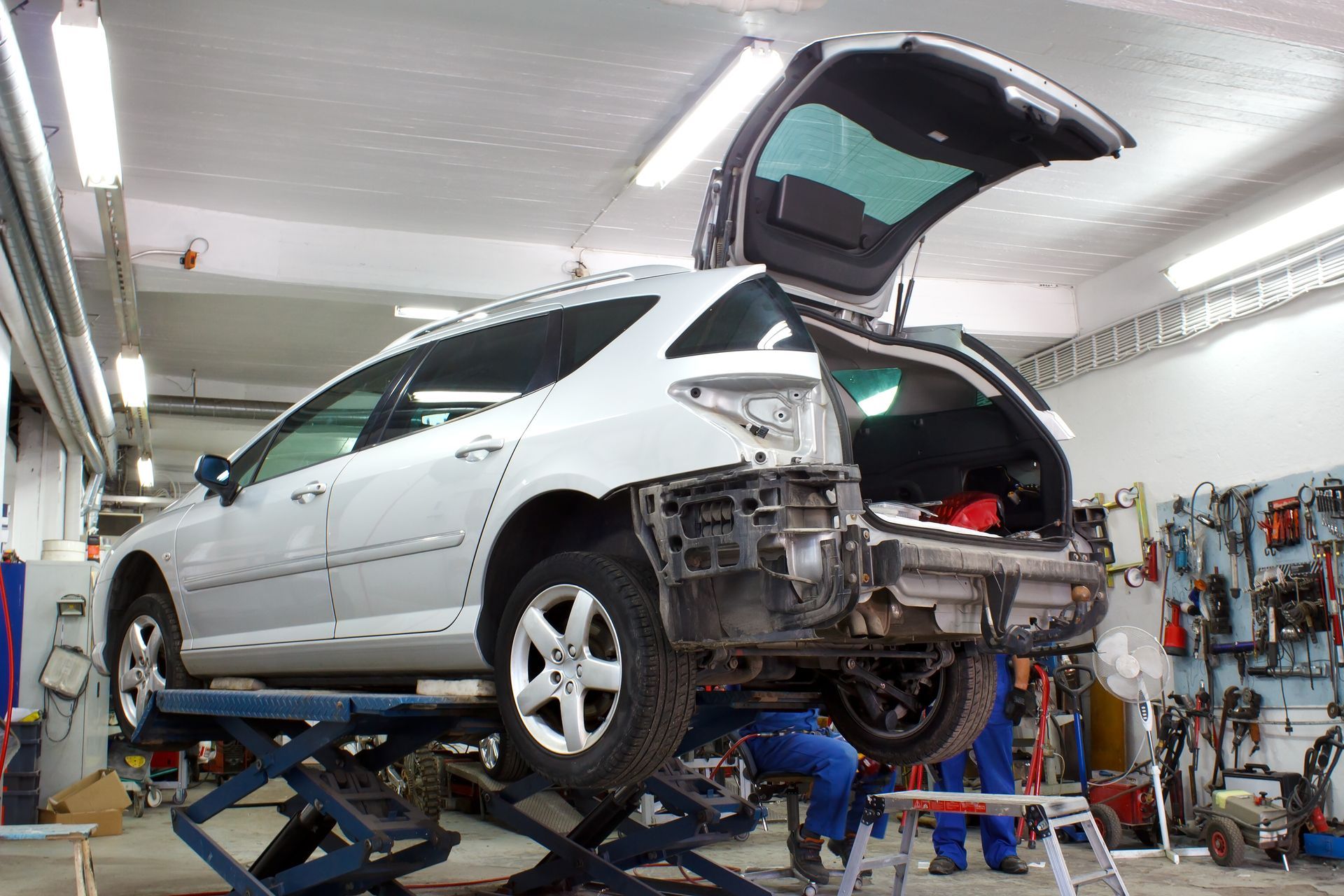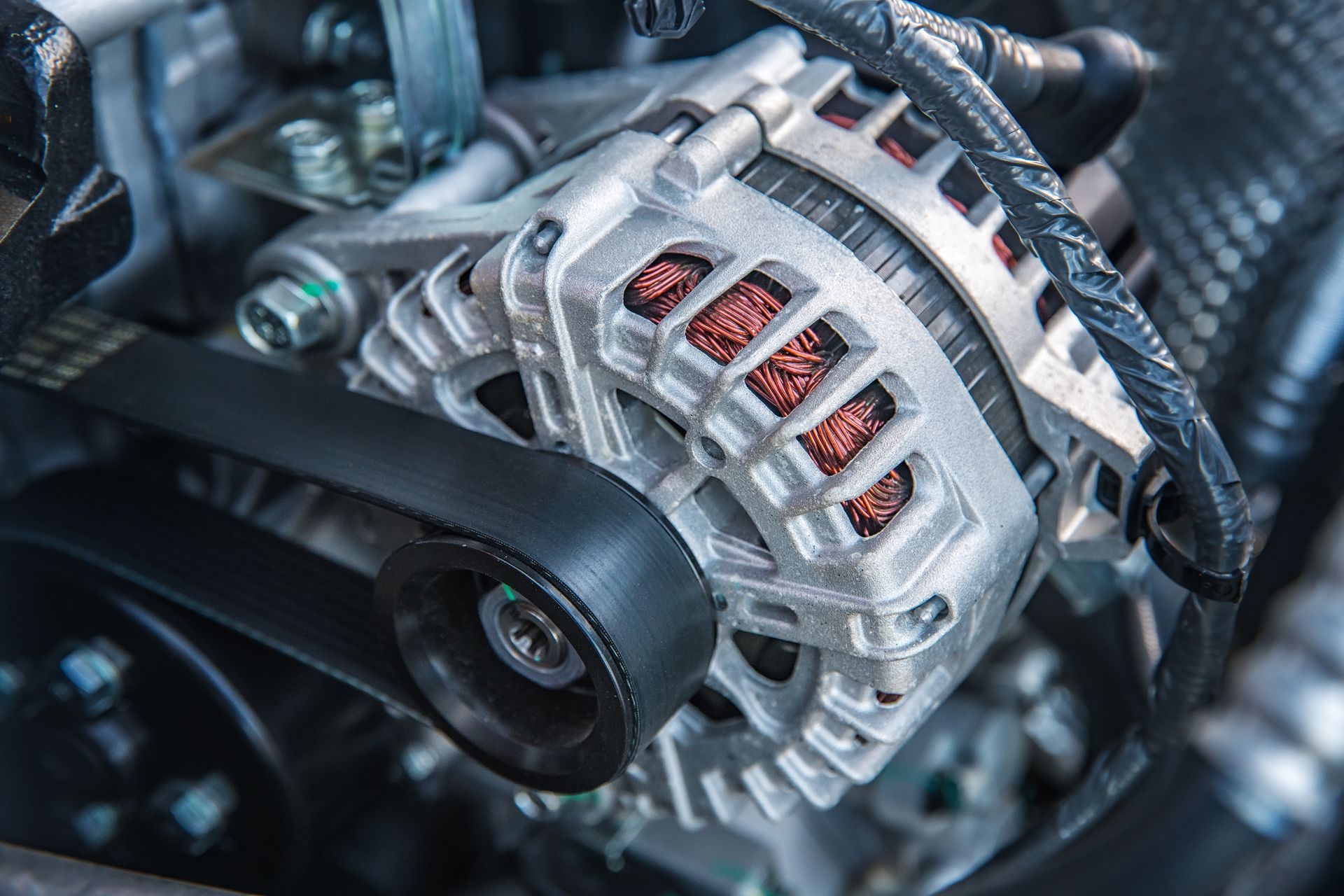A fuel service, also known as a fuel system service or fuel system cleaning, is a maintenance procedure performed on a vehicle's fuel system to clean and optimize its components. The fuel system in a vehicle is responsible for delivering fuel from the gas tank to the engine's combustion chambers, where it is mixed with air and ignited to power the vehicle. Over time, various issues can develop within the fuel system, leading to decreased fuel efficiency and engine performance. A fuel service aims to address these issues. Here's what's typically involved in a fuel service:
- Fuel Injector Cleaning: The fuel injectors are responsible for delivering fuel to the engine's cylinders. Over time, they can become clogged with carbon deposits, dirt, and other contaminants. During a fuel service, a specialized cleaning solution is introduced into the fuel system to break down and remove these deposits. This helps ensure that the fuel injectors spray fuel evenly and efficiently.
- Throttle Body Cleaning: The throttle body controls the amount of air entering the engine. Like the fuel injectors, it can also become dirty and coated with deposits. Cleaning the throttle body as part of a fuel service can improve airflow and throttle response.
- Intake Valve Cleaning (if applicable): In some vehicles, the intake valves can also become dirty and coated with carbon deposits. Some fuel service procedures include cleaning the intake valves to improve engine efficiency.
- Fuel Filter Replacement: If your vehicle has a replaceable fuel filter, it may be replaced during a fuel service. The fuel filter helps prevent debris and contaminants from reaching the engine.
- Fuel System Additives: In addition to cleaning components, some fuel services involve adding fuel system additives or detergents to the gas tank. These additives can help keep the fuel system clean and prevent future carbon buildup.
- Fuel Pressure and Fuel Flow Testing: Technicians may perform tests to ensure that the fuel pressure and fuel flow are within the manufacturer's specifications. If any issues are identified, they can be addressed during the service.
The frequency of a fuel service can vary depending on the vehicle's make and model, driving conditions, and the type of fuel used. Some manufacturers recommend fuel system services every 30,000 to 60,000 miles, while others may suggest longer intervals. It's essential to consult your vehicle's owner's manual and follow the manufacturer's maintenance recommendations.
A properly performed fuel service can help improve fuel economy, engine performance, and emissions. It can also extend the lifespan of fuel system components. If you notice symptoms such as reduced fuel efficiency, rough idling, or hesitation when accelerating, it may be a sign that your vehicle's fuel system needs attention, and a fuel service could be beneficial.










